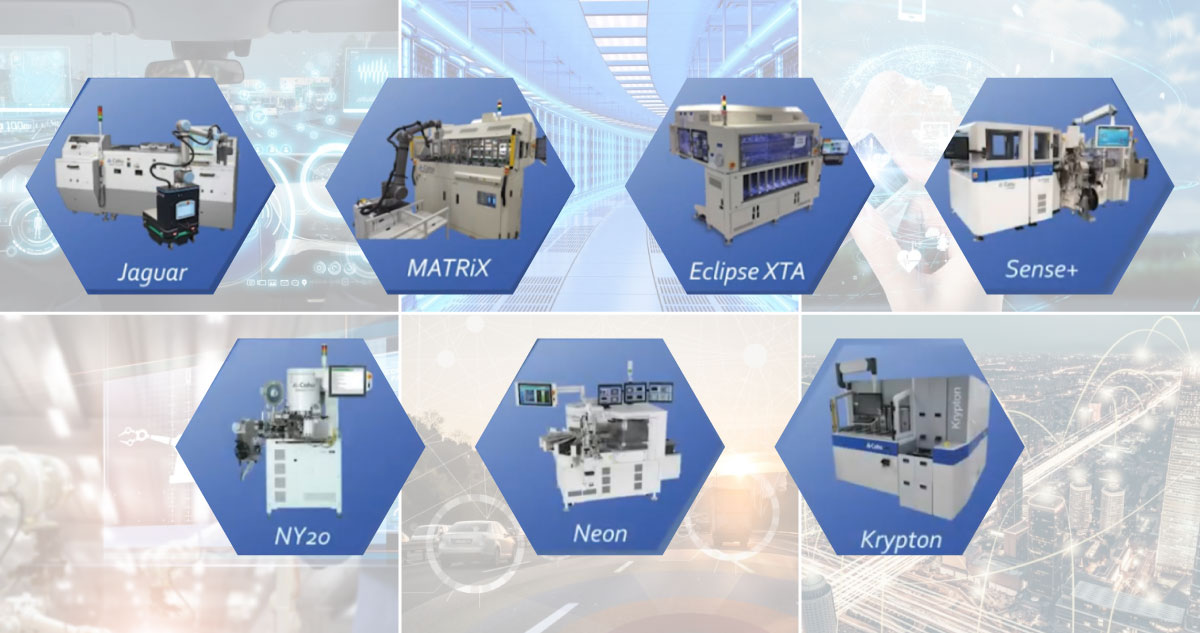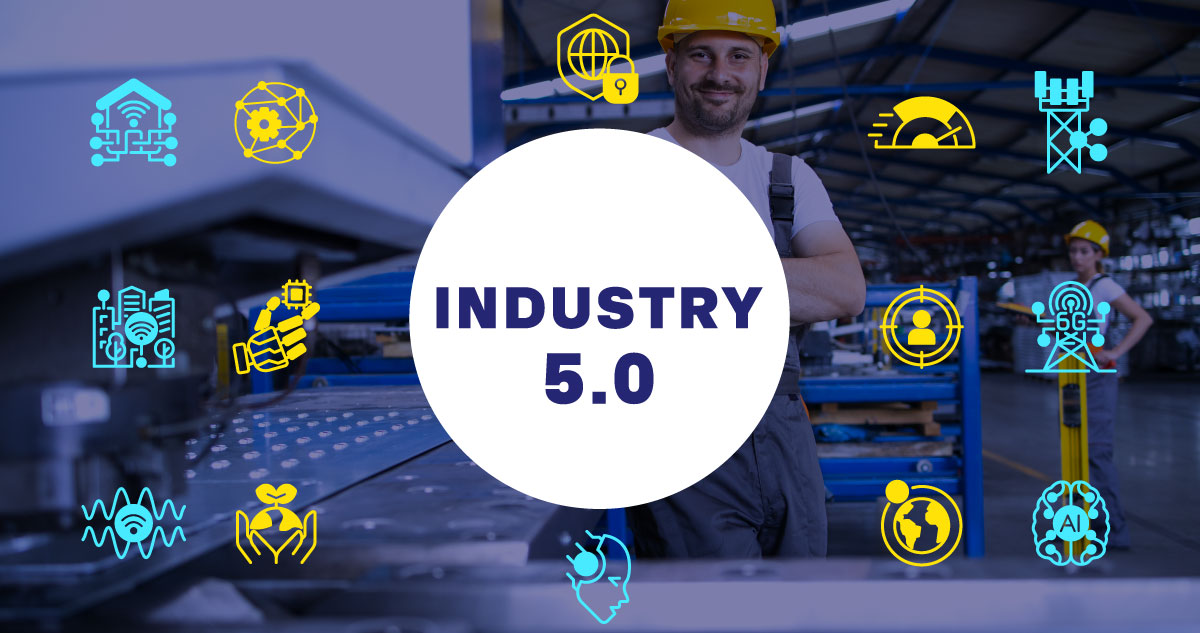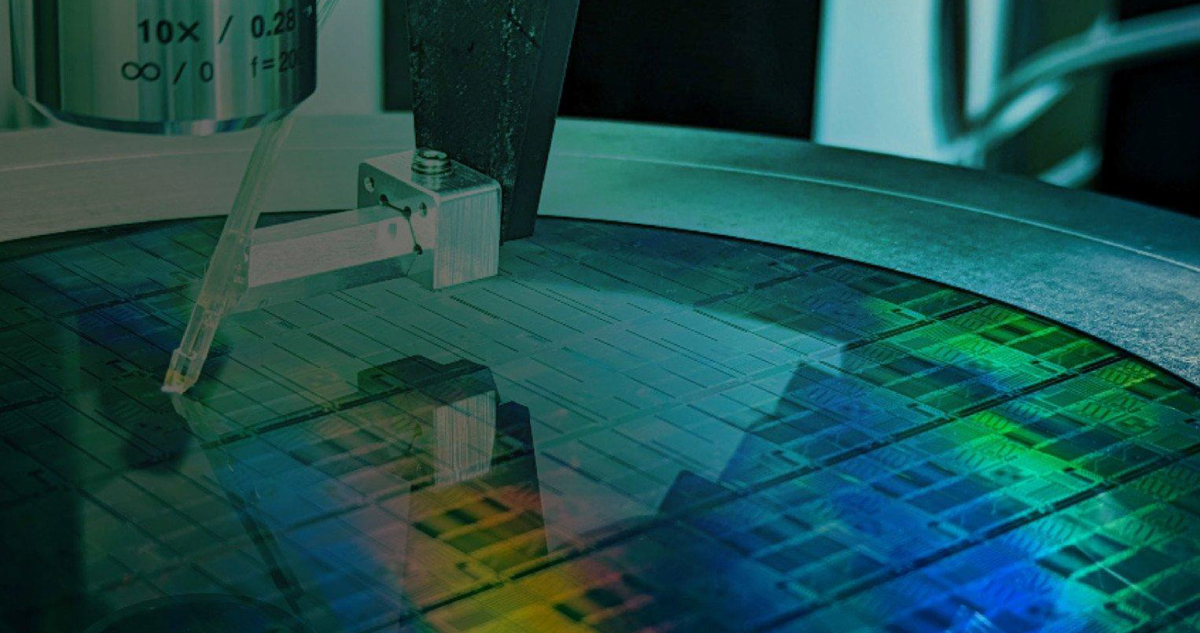Due to environmental degradation reaching alarming levels over the years, many countries have mandated environmentally friendly manufacturing practices. The tyre industry is no different.
What is EUDR?
The new EU regulation (European Union Deforestation Regulation – EUDR), which came into force in June 2023, aims to curtail the use of products whose manufacturing process involves deforestation, forest degradation, and the illegal displacement of local populations in one way or the other. Manufacturers, importers, and traders who place affected raw materials such as wood, meat/leather, rubber, soy, coffee, cocoa, and palm oil and products made from these on the EU market for the first time must provide documented proof that the goods complied with applicable local legislation and were not produced in areas that were deforested or degraded after December 31, 2020.
Tyre Industry and EUDR
A wide range of raw materials from different vendors are used to manufacture Tyres. Processed rubber products like air-tight rubber for the inner tubes, textile sheet-ply for reinforcement, and flexible and resistant rubber for the sidewalls are utilized in constructing the various types of tyres on the market. Raw materials like Carbon black, oil, steel winding, and sulphur are also used and each of these raw materials must ensure compliance with EUDR.
Challenges
However, the implementation of EUDR compliance by tyre companies has its own set of challenges due to the complex and global nature of the natural rubber supply chain. These challenges include:
Lack of proper documentation
The extensive natural rubber supply chain involves multiple intermediaries, from smallholder farms to processors and exporters. The supply chain may include regions where record-keeping and transparency are lacking, which makes tracking difficult. Lack of required documentation makes it difficult to trace a product back to specific plantations. Verification of EUDR compliant rubber becomes that much more challenging. Labeling of the product must include EUDR compliance information from plantation to finished tyres.
Legal and Regulatory Variations
Tyre companies are required to comply with an additional layer of regulatory necessity in the form of EUDR. Tyre companies that source rubber from more than one country, each with differing legal frameworks for land use and deforestation, have their roles cut out to ensure adherence. These too must be documented in the label.
Supplier Engagement and Training
Tyre companies must source only from suppliers who understand EUDR requirements and are capable of meeting them.
Data Management
Manufacture of each tyre involves different types of raw materials from diverse regions, generating vast amounts of requisite data to prove compliance which may become overwhelming. The different types of equipment in the main tyre manufacturing unit also generate data which must be monitored to ensure uninterrupted production. Data systems must not only be robust enough to handle the voluminous data, they must also ensure accuracy and current status of data which is easily accessible for audits.
Cost Implications
Significant investment in training and resources is required to help suppliers with the best practices in traceability and sustainability. Driving compliance may need upgradation of the existing IT systems, verifying supplier credentials and carrying out new sourcing practices – all of which involves cost. The additional financial requirements can throw suppliers out of gear which may cause disruptions in the supply chain.
IIoT Solutions and compliance with EUDR
IIoT is a crucial integral component of the long supply chain involved in producing rubber tyres and helps to gather, track and trace data and information about each of the individual tyres produced in the factory, enabling EUDR compliance by making it possible for monitoring in real time.
Datalogging
Tyre manufacturing proceeding through various stages generates huge amounts of data at each stage and processing of this data needs advanced IoT tools in datalogging and edge computing in addition to cloud computing tools, such as the Sixdime datalogger and the Sixdime Edgebox.
Data logging in IIoT has become an essential part of the manufacturing process, providing valuable insights into the performance of machines and equipment, leading to optimised operations and increased productivity. Data logging, which enables collection and analysis of real-time data, is performed through edge computing devices and through OPC connectivity.
At MELSS, we provide a combination of hardware, edge computing devices such as the Sixdime Edgebox, and software which help in data logging. MELSS solutions go beyond just data logging to deliver more value to improve manufacturing processes, reduce downtime, and optimise production.
Tracking and Traceability
The coding on each raw material and commodity is scanned and fed into the system for tracking and traceability. With IIoT, real-time monitoring and traceability of tyre manufacturing raw materials is now possible across the supply chain from plantations to production facilities. The high visibility of the supply chain ensures the sourcing of raw materials from EUDR-compliant regions only.
Tracing involves proper labelling using techniques such as barcodes, with maximum information including part manufacturer’s details, lot number, in-date, bin number allotted, date of receipt of part, duration in inventory and batch number of units produced. It involves identifying the origin of a product’s components through records and creating both forward and backward visibility throughout the supply chain.
Traceability keeps track of products and processes across manufacturing units spread globally. Different countries are governed by diverse rules and regulations and traceability is very complicated.
With IIoT, using sensors, PLCs and other IoT devices, any deviation from EUDR compliance across all manufacturing units worldwide is assured by the technological advancements in the communications, storage and analysis of data from the source.
Offshoot benefits of IIoT implementation
IIoT implementation for EUDR compliance not only leads to a transparent and sustainable supply chain, thereby enhancing the brand reputation by appealing to environmentally conscious consumers and investors, it also provides a host of other benefits such as:
- Enhanced operational efficiency
- Optimised production processes
- Improved resource management
- Predictive maintenance
- Reduced costs

With a thorough understanding of the overall tyre manufacturing process involving many stages such as inner layering with steel cord, rubberising, calendering, extrusion, beading, tyre building, sidewalling, outer layering to form the green tyre, and treading, the robust tyre manufacturing solution from MELSS monitors each stage thoroughly to ensure EUDR compliance. The IIoT solutions from MELSS help to capture and analyse the vast amount of real-time data generated by the plethora of equipment sensors, IoT and PLC devices. These solutions include the most robust traceability and advanced datalogging solutions too, offering one-stop solutions.<\i>
As a pioneer in Industrial IOT Solutions, MELSS has successfully deployed EUDR compliance and traceability solutions in one of the top 10 tire brands in the world
Please call us for the right solutions for your tyre manufacturing unit.





